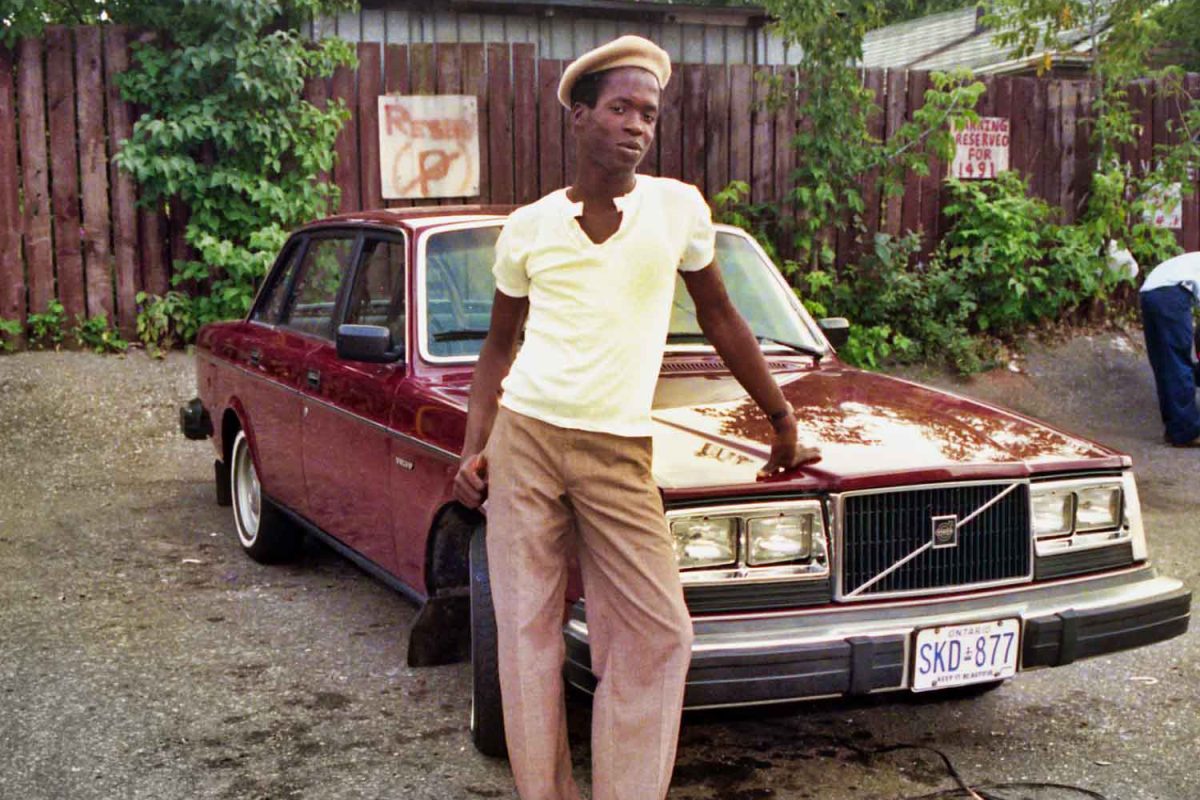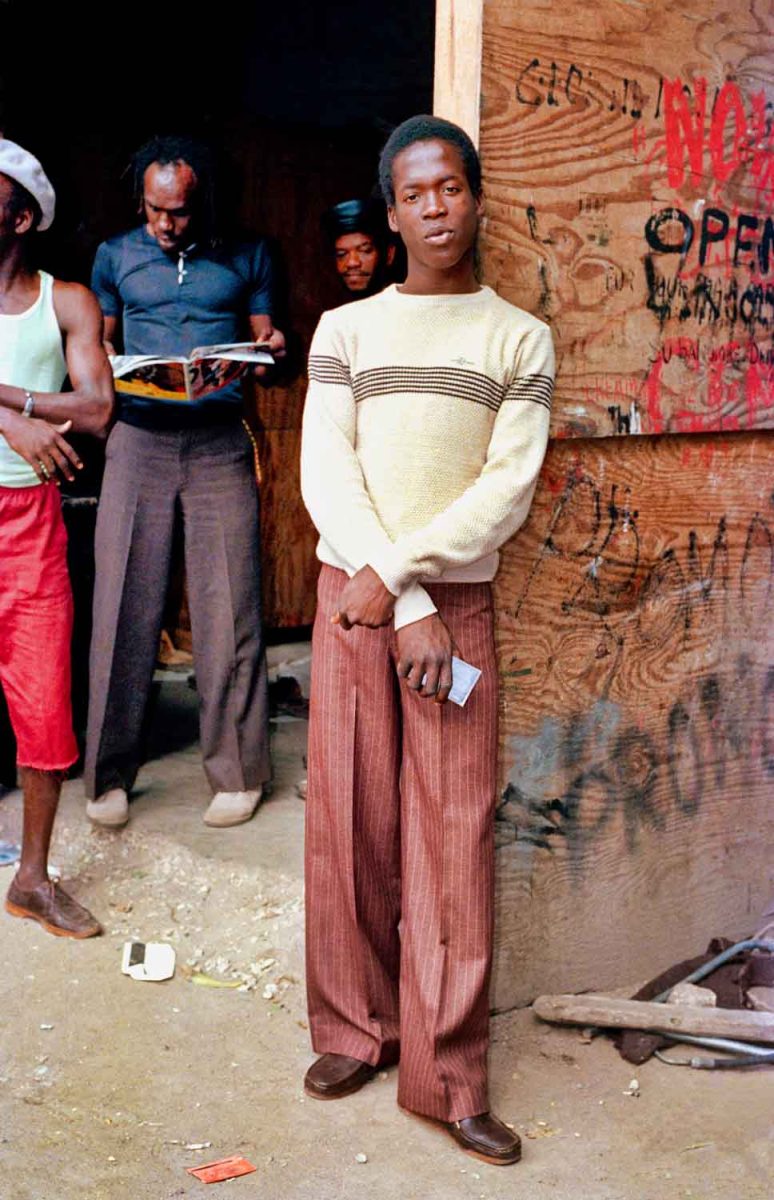Remembering Tenor Saw: The Thrilling Moment That Inspired His Iconic Song ‘Ring The Alarm’

Dancehall artist Tenor Saw had once explained how he hastily crafted his iconic 1985 clash song Ring The Alarm during a soundclash between Youth Promotion, to which he was aligned, and three other sound systems.
In a rare radio interview at age 19, Saw, after responding “yes” to the interviewer’s question as to whether he was the writer of his songs, was asked to speak about the genesis of the international hit.
Related: The Death Of Tenor Saw: Here’s What Actually Happened To The Dancehall Icon
“There was a four-sound clash in Jamaica, with Youth Promotions, Jammys, and Arrows International and Black Scorpio. At that time, I was just singing on the sound system. Youth Promotion was my sound. I was defending Youth Promotion in the competition and so during the competition di odda sound dem was getting nuff (cheers); people a cheer fi dem… and dem neva start cheer fi Yout Promotion yet,” Tenor had told the interviewer.
“Suh mi seh: ‘awrite, mi caan meck dem three sound yah come get out our sound and come win di competition; a we haffi win. Suh mi just guh backstage now an start think up a quick idea… Suh mi seh awrite: ‘four big sound inna one big lawn, Promotion a play, di odda three keep calm… suh ring di alarm’,” he sang.
After securing the verse in his head, Tenor Saw said he returned to the microphone, spat the lyrics, and then extemporized Youth Promotions to victory.
“Suh mi seh ‘alright’, an mi just guh onstage an mi just find the rest (of lyrics) onstage,” he said, singing the extemporized words: ‘watch di sound man an tremble; watch di soundman afraid’”.
“An from mi sing it, di crowd just start cheer fi Youth Promotion and Youth Promotions end up to be di winna inna di contest,” he added.
In further explaining the sequence of events that led to the recording of the classic Ring The Alarm on producer Winston Riley’s iconic Stalag riddim, Tenor Saw said that he wasted no time completing and practicing the song that night after the clash ended.
“An mi guh home dat night and get a pen and paper and mi write di song di same night; write in some more proper words add to dat and meck a song and den rehearse it; practice it on di Stalag riddim, guh to di studio and record it,” he explained.
Admitting that Ring The Alarm had become an international hit, a laughing Tenor Saw said he had expected that sort of outcome from the song based on the crowd response at the soundclash that night.
“Mi expect it fi be big-big. Because you know, from di startin a it; from mi start it and si how di people dem really get into it mi really know it was gwine guh wide,” he said.
Ring The Alarm remains Dancehall’s ultimate sound-killing anthem, for which only a handful of selectors and sound systems were reportedly able to get dubplates from Tenor Saw, among them, British broadcaster David Rodigan.
Esteemed as one of Dancehall’s most influential and unique singers, Tenor Saw, whose given name was Clive Bright, was born in Kingston and was the fourth of six children. As a child, he spent his formative years in Payne Land, Maverley and Olympic Gardens, and, like many Jamaican artists, honed his singing skills in the church.
In addition to Ring The Alarm, among the series of hits he recorded in his short life were Pumpkin Belly, Lots of Sign, Fever and Run Come Call Me, Roll Call, and Golden Hen.
However, the Kingstonian’s Dancehall career lasted only four years. In 1988, he passed away in Houston, Texas, after a hit-and-run left him hospitalized for two weeks.
His mentor, Sugar Minott, had described his passing as “a great loss to dancehall music.”
Saw would have celebrated his 57th birthday on December 2.

